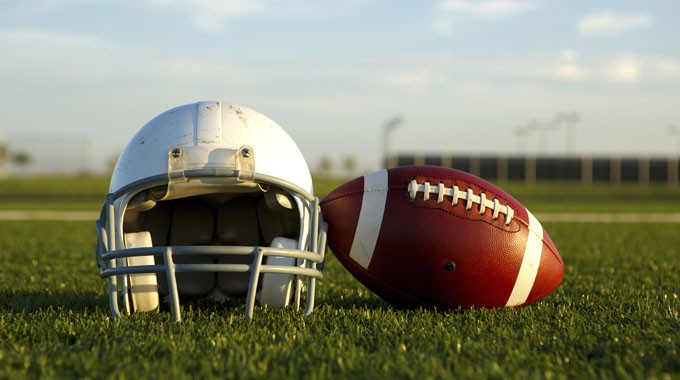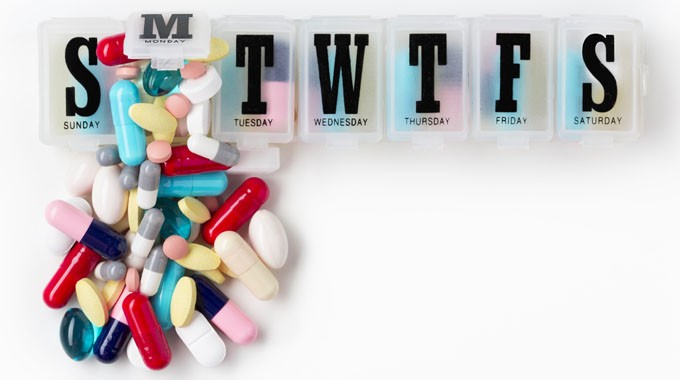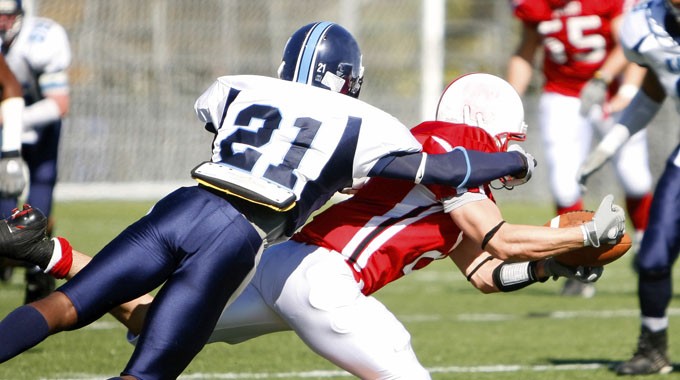Concussions in sports, and proper concussion management, has been receiving a lot of attention over the last few years. This is because more and more information about the incidence of concussions and the long term effects are being discovered. The Center for Disease Control and Prevention (CDC) estimates that 1.6–3.8 million sports-related concussions occur each year.
A concussion is considered a mild traumatic brain injury. Although concussions are most often associated with sports, they can occur off of the playing field. Many people who are in a car accident or suffer from a bad fall are also at risk for this type of injury. You might experience a concussion from a direct blow to the head, or from a forceful movement, such as whiplash. Also, you can receive a concussion without losing consciousness.
The APTA states that the most well know symptoms of a concussion are headache, dizziness, balance problems, nausea, vomiting, and fatigue, sleep disturbances, double or blurred vision, and sensitivity to light and sound. However, you can experience other symptoms such as memory loss, confusion, depression, and mood swings which can become a long-term problem.
The old method of concussion management is rest with the hope that your symptoms will go away in a few days. However, new treatment guidelines recommend a multi-disciplinary approach, which includes physical therapy as an effective form of concussion management.
Physical therapists are trained to treat poor balance and dizziness. This expertise allows physical therapists to help effectively manage your concussion injury. With proper training in concussion management, a physical therapist can evaluate and assess your individual needs, and design a plan to help you effectively manage your concussion injury.
All physical therapists at Spine & Sport are able to provide the assessment and treatment of concussions, and Spine & Sport is currently the only physical therapy practice in Southeast Georgia to offer this service.






